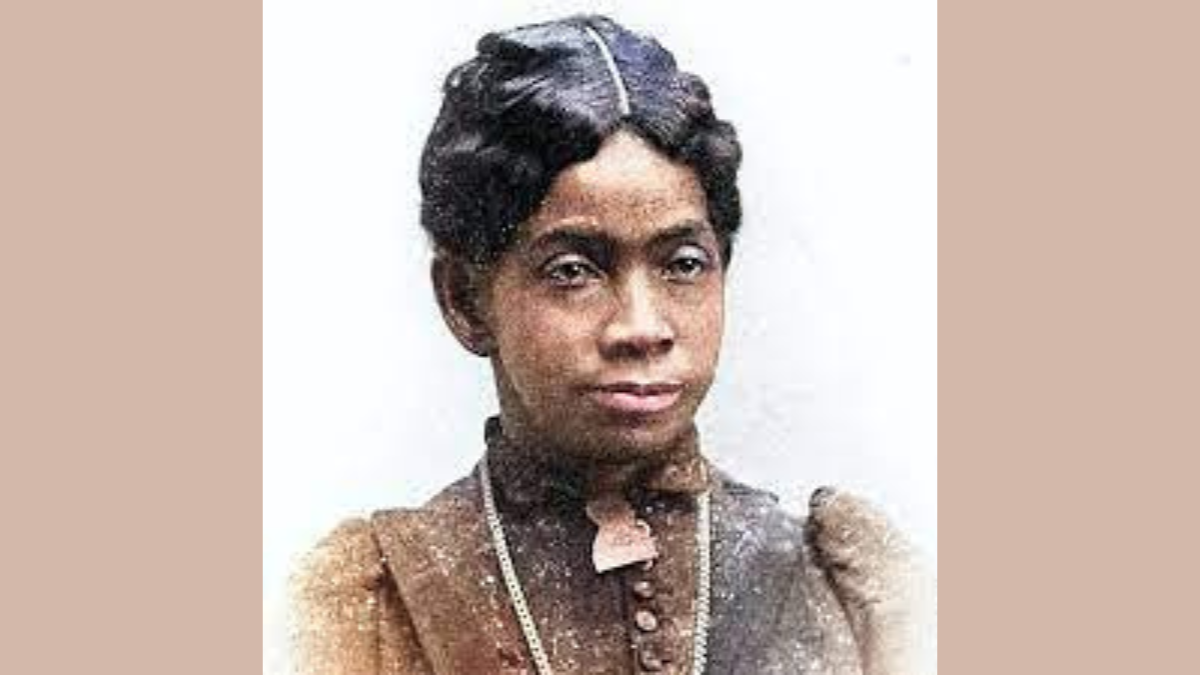Sarah Boone, a name often overshadowed in history, was a remarkable 19th-century African American woman whose ingenuity and determination left an indelible mark on American household life. Born in February 1832 in Craven County, North Carolina, Sarah’s journey from enslavement to becoming a pioneering inventor is a testament to her resilience and creativity.
Early Life and Freedom
Sarah was born Sarah Marshall to enslaved parents in the South. She spent her formative years in bondage, witnessing the harsh realities of slavery. However, her life took a significant turn when she married James Boone in 1847. Some sources suggest that her marriage granted her freedom, allowing her to pursue her ambitions beyond the confines of slavery.
Migration and Entrepreneurship
Following her marriage, Sarah, along with her husband, migrated to New Haven, Connecticut, a hub for African American communities seeking refuge and opportunities. In New Haven, Sarah established herself as a skilled dressmaker, catering to the fashion needs of her clientele. Despite the challenges posed by racial discrimination and economic hardships, Sarah’s talent and dedication enabled her to thrive in her profession.
Invention of the Ironing Board
- One of Sarah Boone’s most significant contributions to household innovation was her invention of the modern ironing board. In an era when traditional methods of ironing were cumbersome and inefficient, Sarah recognized the need for a more practical solution, especially for pressing the intricate designs of women’s garments, such as sleeves and bodices.
- Boone’s ironing board was a revolutionary departure from the conventional wooden plank method. Her design featured a narrower, curved board that could easily accommodate the contours of garments, preventing wrinkles and creases. Additionally, the board was padded for enhanced ironing efficacy and collapsible for convenient storage—a true marriage of functionality and practicality.
Patent and Recognition
In 1891, Sarah Boone’s ingenuity culminated in a groundbreaking achievement—she applied for a patent for her improved ironing board. Despite facing stiff competition and systemic barriers as an African American woman, Sarah’s determination prevailed, and she was granted U.S. Patent No. 473,653 on April 26, 1892. This historic milestone made her one of the first African American women to receive a patent in the United States—an accomplishment that rightfully secured her place in history.
Legacy and Impact
Although Sarah Boone’s life may have ended in 1904, her legacy endures through her innovative contributions to household technology. Her patented ironing board laid the foundation for future advancements in domestic chores, revolutionizing the way people approached garment care. Today, Boone’s invention remains an indispensable fixture in households worldwide, a testament to the enduring impact of her creativity and perseverance.
Conclusion
Sarah Boone’s journey from bondage to innovation is a testament to the resilience of the human spirit. Through her groundbreaking invention of the modern ironing board, she transcended the limitations imposed by her time and circumstances, leaving an enduring legacy that continues to inspire generations. As we celebrate her life and achievements, let us remember Sarah Boone as not just a dressmaker or inventor, but as a trailblazer whose ingenuity reshaped the fabric of everyday life.











